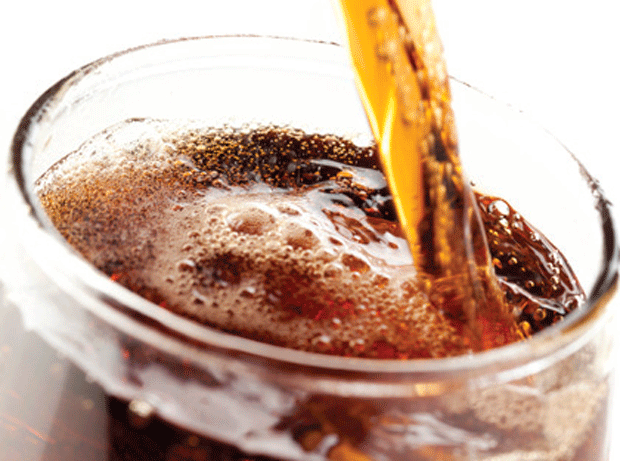
Industry leaders have renewed calls for the government to abandon plans for a sugar tax, after official figures showed steep falls fall in children’s consumption of sugar from fizzy drinks.
The National Diet and Nutrition Survey (NDNS) figures released on Friday showed that there was a 23% fall in consumption of sugar-sweetened soft drinks among kids aged four to 10. Consumption among teenagers was down 8%.
The British Soft Drinks Association said the results of the survey, looking at the period 2012-14, showed how misguided the plans were for a soft drinks levy, especially as there were likely to have been even bigger falls in consumption since the results were collected, because of further reformulation and change in consumption habits because of the war on sugar.
“It seems odd to punish progress with a tax which risks job losses and higher prices for consumers when our efforts are clearly having an impact,“ said BSDA director general Gavin Partington.
“Surely a review of this policy must now be undertaken.”
Last month a report from Oxford Economics, commissioned by the BSDA, claimed the levy would lead to more than 4,000 job losses across the UK and a decline of £132m in the UK economy.
“Soft drinks companies have taken significant action to help their consumers reduce their sugar intake since the NDNS data was collected over two years ago,” said Partington.
“Independent analysis confirms that sugar intake from soft drinks has been reduced by over 16% in the last four years.
“However, we understand there is more to do and only last year we set ourselves a 20% calorie reduction target by 2020.”
A spokeswoman for the FDF, which has led calls since the Brexit referendum for the government to shelve the tax, because of the potential economic impact, said: “Soft drink companies have been investing in lower-calorie options for years, with more than two thirds of soft drinks today no or low sugar variants. The NDNS shows that consumption of sugar-sweetened drinks has fallen compared to six years ago, quite considerably in children aged four to 10. Kantar data, the most up-to-date data available, show a reduction in the sugar taken home from soft drinks of 13% between 2012 and 2016.”
However, campaigners urged the government to stick with the levy and go much further on its other plans for reformulation.
Action on Sugar chairman Professor Graham MacGregor said: “The NDNS data shows that children are still consuming almost three times more sugar than the daily maximum recommendation. Theresa May must urgently rethink her pathetic childhood obesity plan that lacks restrictions on the marketing of, and promotions on, products high in saturated fat, sugar and salt and revert back with an evidenced-based robust strategy to effectively reduce levels of obesity and type 2 diabetes and tackle health inequalities, which she promised the nation back in July.
“The strategy must include the implementation of the soft drinks industry levy and a mandatory reformulation programme, as the failed Responsibility Deal has already proven that a voluntary system does not work.”







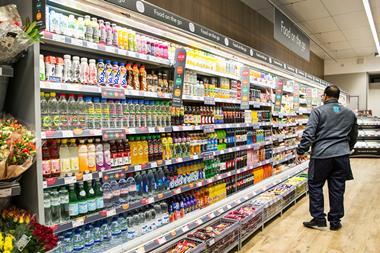
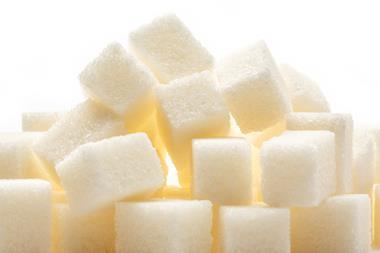
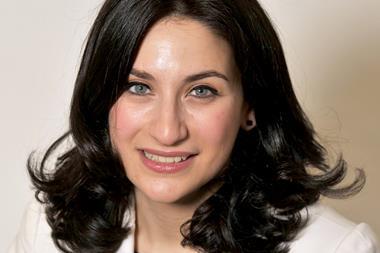
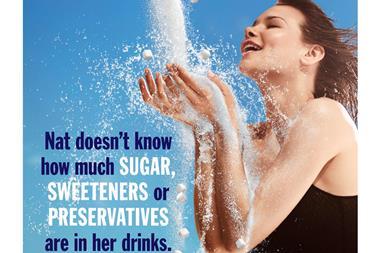
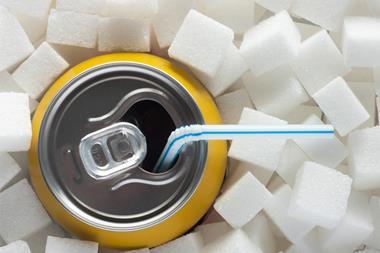
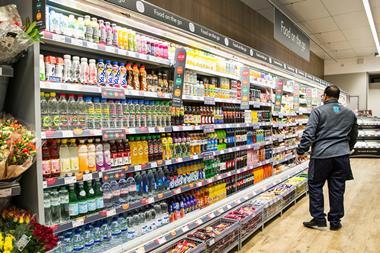
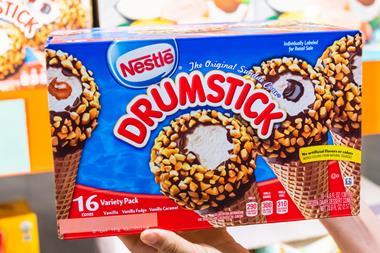
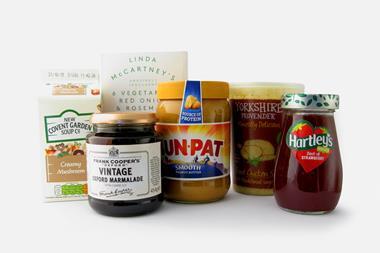

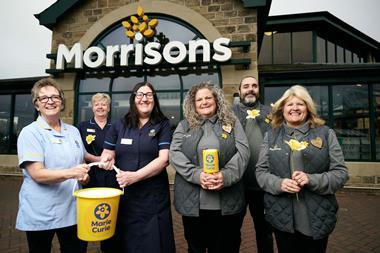

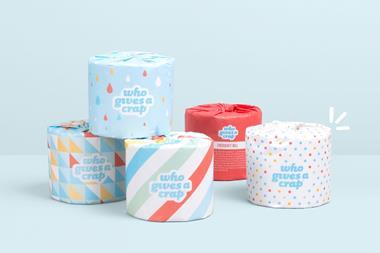
No comments yet